The World Bank report Budget Execution in Health: From Bottlenecks to Solutions explores challenges in health budget execution and offers practical solutions for policymakers. It examines financial management trends, policy responses, and a structured approach to...
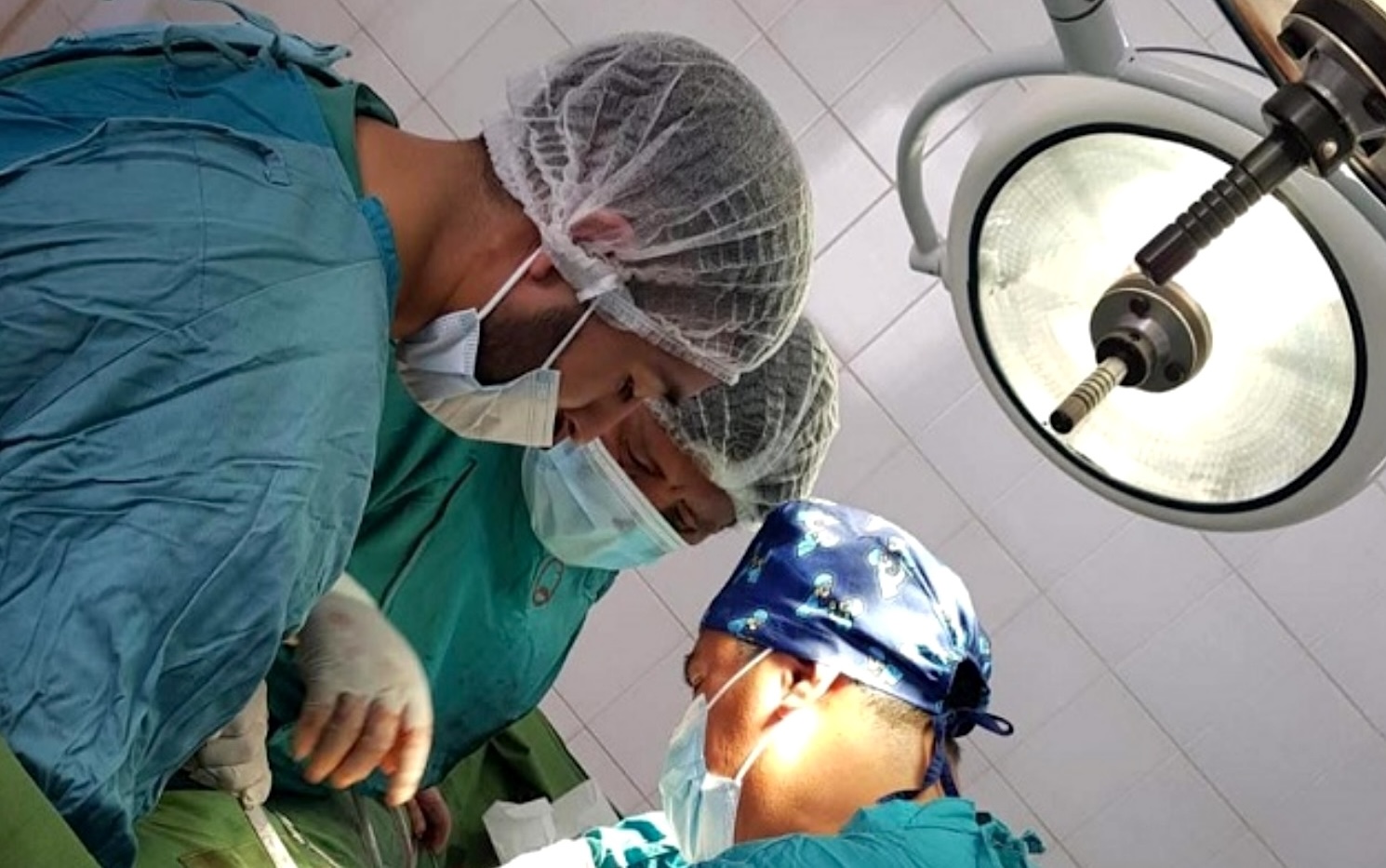
Effective execution of the health budget in Cochabamba is desired
The public treasury budget for the health sector in Cochabamba has been determined. In previous years, part of the budget for the single health system was not executed. For this reason, the authorities suggest that, in 2025, this challenge should be overcome with...
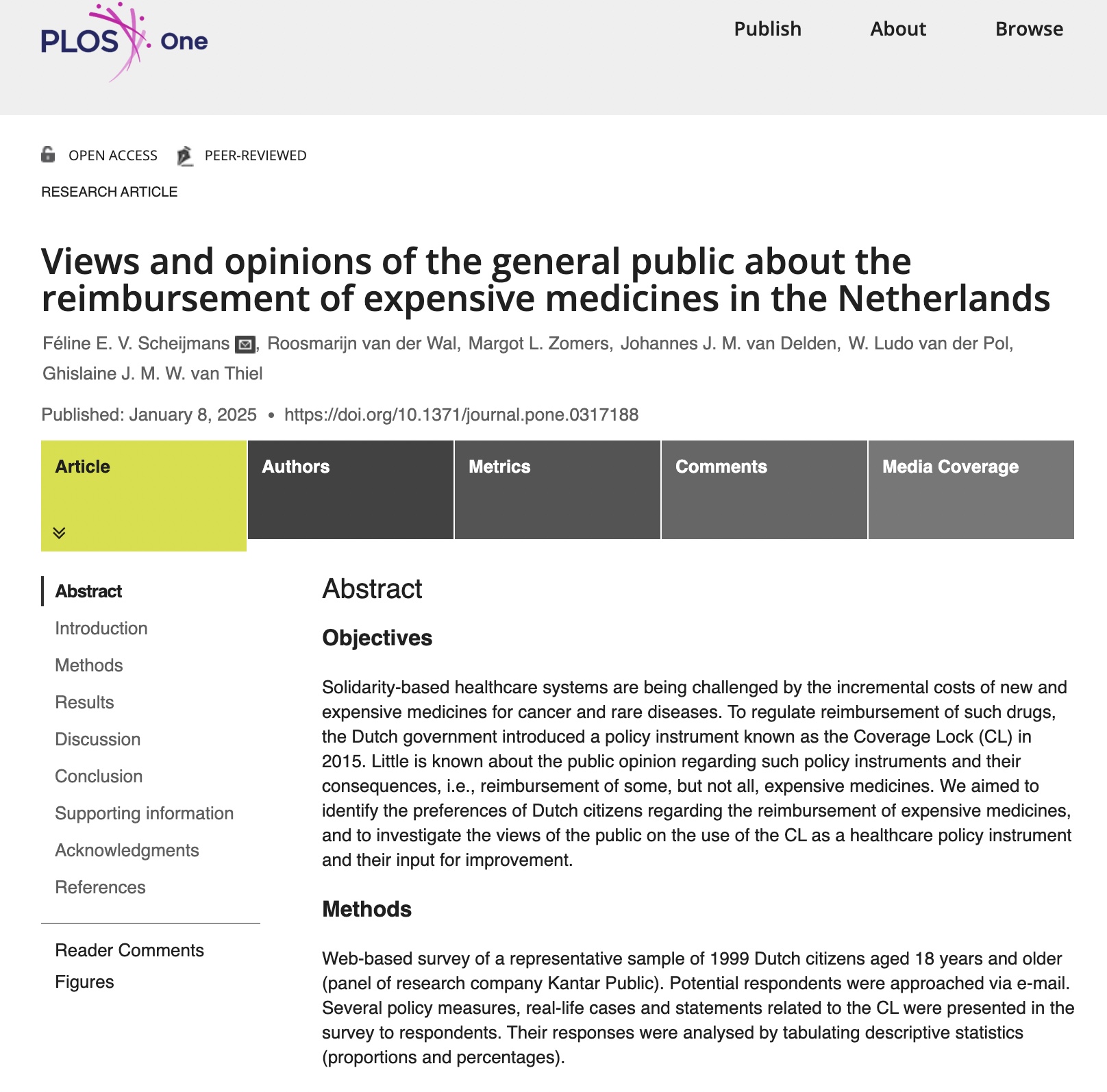
Assessment on Reimbursement of Expensive Medicines in Netherlands: Study Highlights Public Opinion on Coverage Lock Policy
Amsterdam, January 8, 2025 – A new study published in PLOS ONE offers critical insights into public opinion regarding the reimbursement of expensive medicines in the Netherlands. The research, led by Féline E. V. Scheijmans and her team from Utrecht University,...

PhilHealth Zero Subsidy: Reflection of Government Neglect
The decision to completely cut the government subsidy for PhilHealth has sparked criticism, as the agency faces scrutiny over its significant reserve funds while many Filipinos struggle with rising healthcare costs. With the subsidy elimination, PhilHealth will rely...
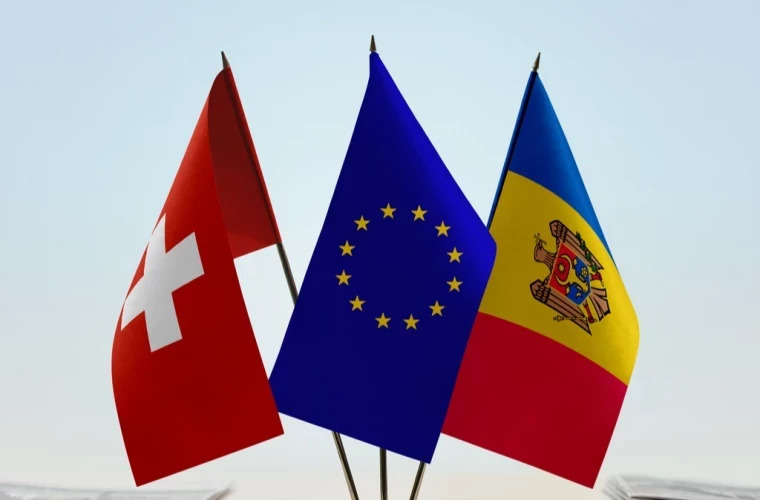
Moldova received 2nd phase grant from Swiss Agency for Development and Cooperation to improve health financing
Switzerland supports Moldova’s efforts to achieve better health of the population, through ensuring universal access to affordable medical services of good quality. In its 2nd (exit) phase that will end in June 2027, Moldova will receive a grant of over CHF 3.3...
Does Provider Autonomy Work Well in Tanzania?
The study examines primary care facility autonomy in executing Direct Facility Financing (DFF) in Tanzania. While facilities possess financial management knowledge and some autonomy, challenges like fund disbursement delays and procurement complexities hinder...
Rwanda’s Single Project Implementation Unit: An Effective Donor Coordination Platform in the Journey to Achieving Universal Health Coverage
After the 1994 Genocide, Rwanda focused on rebuilding its health system with global aid. However, coordination issues led to inefficiencies. The 2011 formation of the Single Project Implementation Unit aimed to enhance planning for universal health coverage, but...
Public financial management: A pathway to universal health coverage in low-and-middle income countries
The Journal of Health Systems and Reform, has published Public Financial Management: A Pathway to Universal Health Coverage in Low-and-Middle-Income Countries, a study by Hélène Barroy, Pierre Yameogo, Mark Blecher, Martin Sabignoso, Moritz Piatti, and Joseph Kutzin....
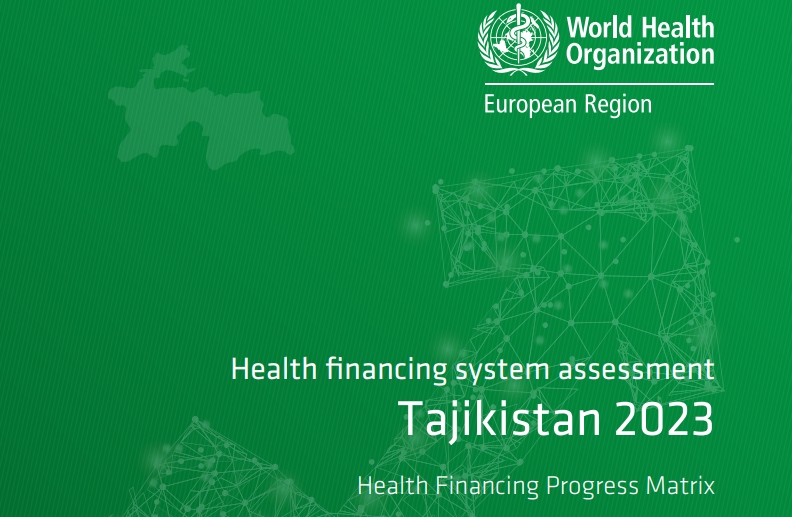
WHO published Health Financing Progress Matrix assessment for Tajikistan
As described here by WHO, this report summarizes the findings of the Health Financing Progress Matrix assessment, WHO’s standardized assessment of a country’s health financing policies, for Tajikistan. The report highlights both strengths and weaknesses in...
WHO estimates for out-of-pocket payments in Romania
Romania has a high incidence of catastrophic health spending, with 1 in 8 households exceeding 40% of their capacity to pay for healthcare in 2015, according to a WHO/Europe report. The burden is greatest on low-income households and older people, driven by...
Health Financing Progress Matrix Sub-national assessment Jammu and Kashmir, India
The report highlights strengths and weaknesses in Jammu and Kashmir’s current health financing arrangements, assessed against the desirable attributes of a health financing system based on global evidence. Based on the findings, the report suggests several policy...
Overview of Healthcare System in Romania: a research article by Petre et al.
This research work "encompasses a comprehensive analysis of key aspects of the Romanian healthcare system, ranging from healthcare infrastructure and financing mechanisms to service delivery and healthcare outcomes" as described by its authors, Ion Petre et al. The...

Norwegian government boosts funding for hospitals in 2025 to reduce waiting times
The Norwegian government reports it is increasing funding for the hospital sector in the state budget for 2025 by NOK 5.5 billion compared to 2024. The closest comparable increase took plance in 2008. The proposal will help hospitals to cover the increase in costs as...
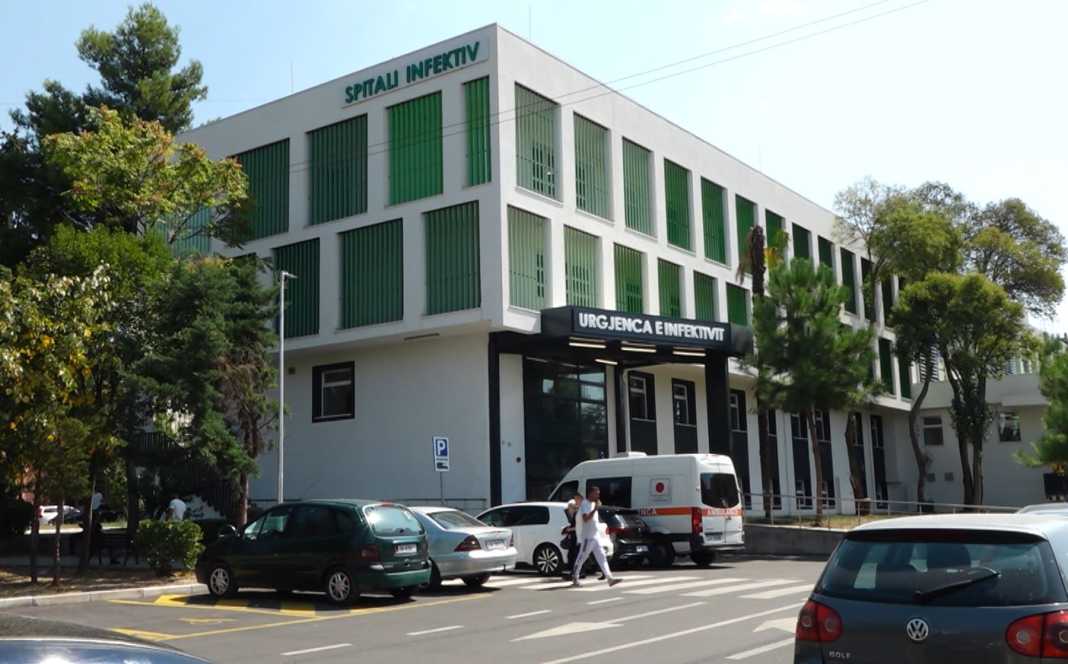
Albanian public expenditure on health in 2025 is planned to be 5% higher than in 2024
The draft budget for 2025, presented by the Health and Social Protection Minister of Albania, is 5% higher for 2025, reaching 103 billion and 375 million ALL. The budget for the Ministry of Health will comprise 9.8% of the general expenses.In 2025, the Ministry of...
Can Debt Relief Transform Somalia’s Health Sector? COVID-19’s Role in Shaping Health Financing
This Amnesty International report critically examines Somalia's fragile healthcare system, highlighting the severe impacts of the COVID-19 pandemic and the urgent need for health financing reform. It underscores how decades of conflict and limited resources have left...
